Economic Hardship Looms Amidst Talks of Tariff Hike
Nigerians are on edge as the federal government, led by President Bola Ahmed Tinubu, weighs the possibility of removing electricity subsidy, sparking fears of worsening economic hardship across the nation.
During a briefing on February 14, 2024, the Minister of Power, Adebayo Adelabu, emphasized the government’s inability to sustain electricity subsidy, citing a staggering debt of N3 trillion.
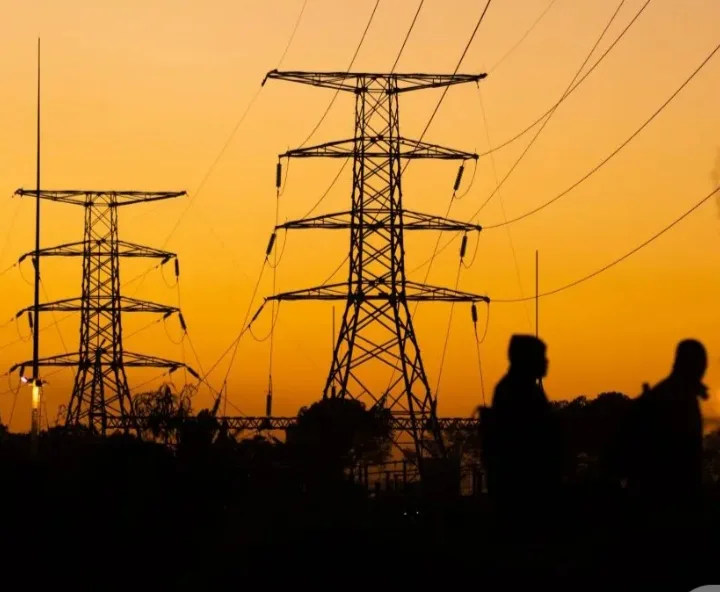
Adelabu’s remarks have stirred concern among citizens, who fear additional strain on their finances amidst already soaring inflation rates, which hit an all-time high of 29.90 percent in January 2024.
The International Monetary Fund has advocated for the cessation of electricity subsidies, aligning with previous directives on fuel subsidies and currency floating. However, this has left Nigeria at a crossroads, torn between implementing cost-reflective tariffs or persisting with subsidy measures.
According to data from the Nigerian Electricity Regulatory Commission, the country expended N2.8 trillion on electricity subsidies between 2015 and 2022, with an additional N600 billion allocated in 2023 alone. Despite these subsidies, the cost-reflective tariffs surged to N124/kWh due to foreign exchange pressures and inflation.
While the government projects a staggering N1.6 trillion expenditure on electricity subsidies in 2024, many Nigerians argue that the removal of subsidies would exacerbate existing hardships, especially considering the repeated tariff hikes in recent years.
Critics contend that despite tariff increases, the quality of electricity services remains subpar, with frequent outages and dilapidated infrastructure plaguing the sector. Nigeria’s power industry, privatized in 2013, continues to struggle with low generation, transmission, and distribution capacities, significantly below the demands of its over 200 million population.
Amidst discussions on subsidy removal, concerns persist regarding the readiness of service providers to improve service quality and infrastructure. Some industry experts advocate for a comprehensive overhaul of the power sector to address systemic inefficiencies before implementing tariff adjustments.
In response to growing apprehension, Bolaji Tunji, special adviser on strategic communication and media relations to Minister Adelabu, clarified that no decision has been made regarding subsidy removal. Tunji emphasized the need for thorough deliberation and urged Nigerians to participate in the decision-making process.
However, stakeholders like Eze Onyekpere, Lead Director of the Centre for Social Justice, warn against the adverse impacts of subsidy removal, urging the government to prioritize improving service quality over tariff adjustments.
Similarly, Kunle Olubiyo, President of the Nigerian Consumer Protection Network, underscores the risk of social unrest should the government proceed with tariff hikes without addressing underlying infrastructure deficiencies and providing necessary concessions to mitigate hardships.
As the government faces mounting pressure to address the electricity subsidy dilemma, Nigerians brace themselves for potential economic upheaval amidst already challenging times.



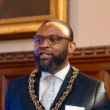

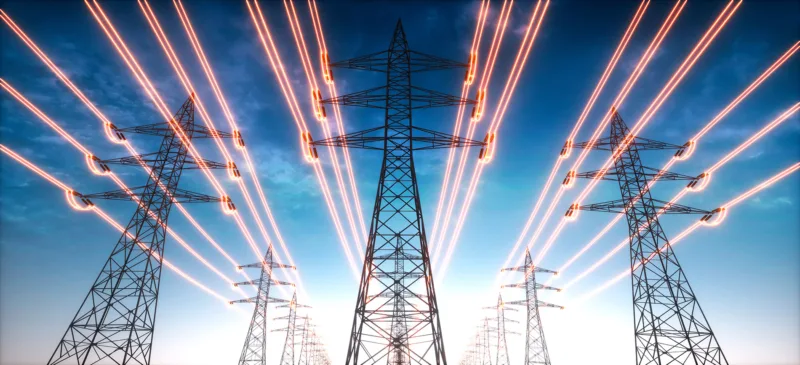
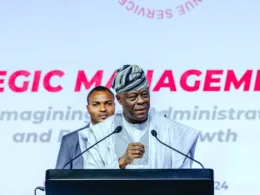

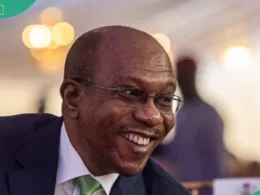

Join our Channel...